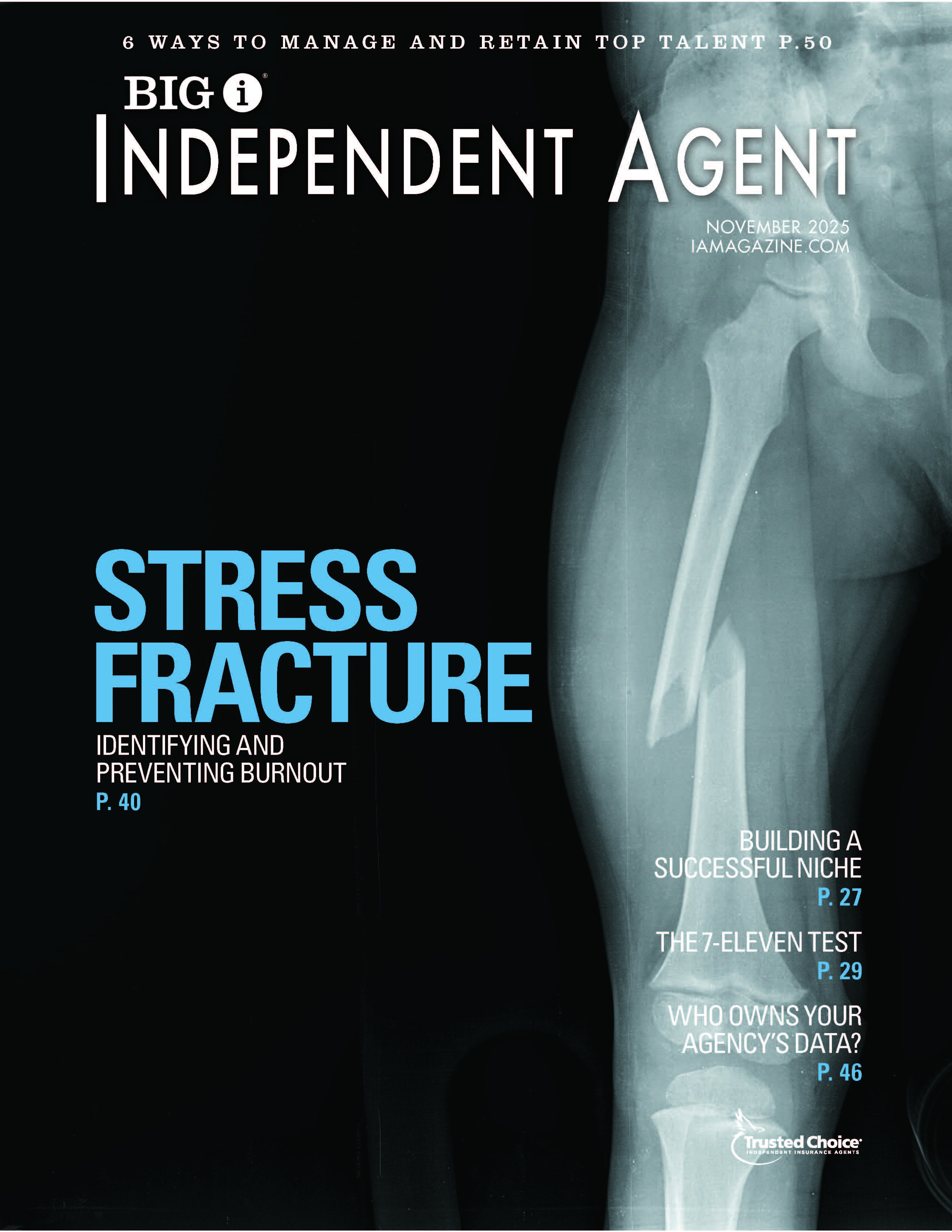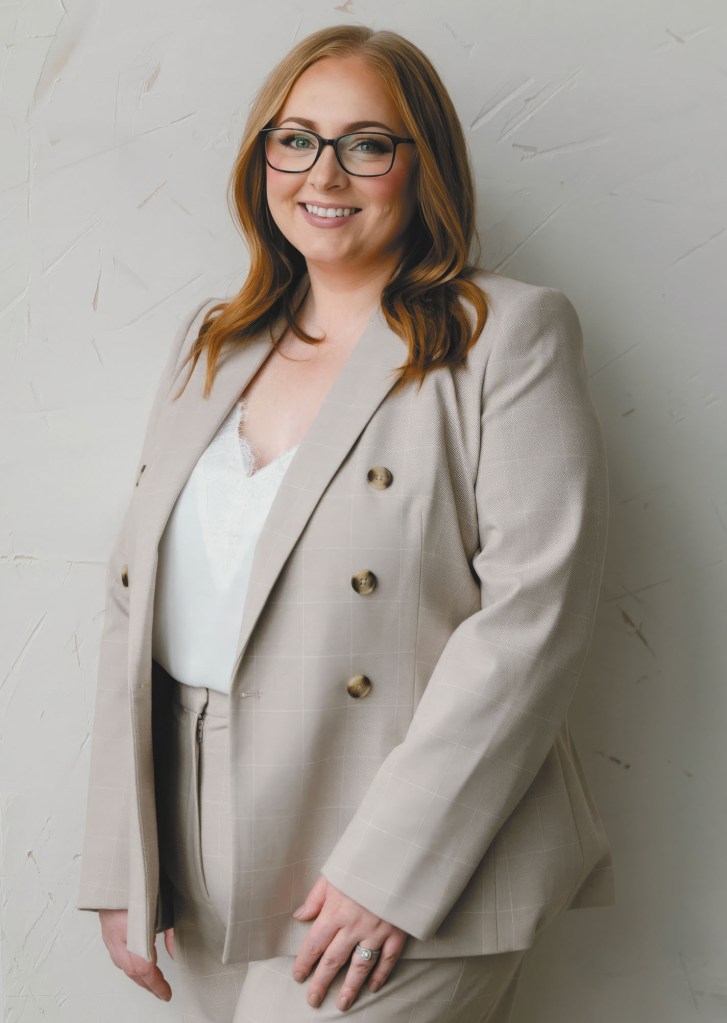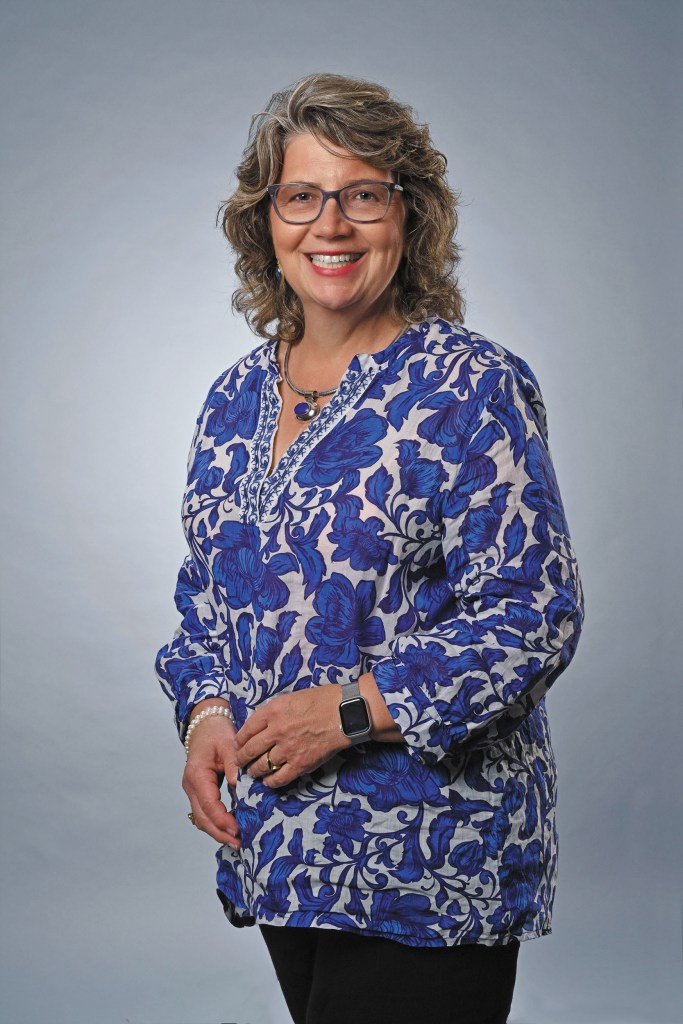Small Fry: Help Small Businesses Understand Professional Liability Coverage

By: Amanda Federici
Small businesses often operate on razor-thin margins, and they‘re usually looking for ways to manage expenses. When they review their insurance coverage each year, small businesses may be tempted to eliminate professional liability coverage, especially when they haven‘t had any claims. But that is not a good idea.
The perception most people have is that only doctors, lawyers or accountants need professional liability insurance. However, there are more than 150 different classes of business that are eligible for professional liability insurance and any one of them that provides professional advice or services may face a professional liability claim.
Clients need to understand that they have a lot to lose, and agents should clearly explain potential exposures to their clients. Further, the costs associated with these claims—including defense costs, attorney fees, court fees and settlements—are escalating, due in part to social inflation.
In today’s litigious society, anyone can be susceptible to an errors & omissions claim. While businesses face monetary costs in terms of fees and settlements, there are also soft costs to factor in, starting with the distraction of dealing with the claim and the amount of time it can take away from daily business activities. In addition, a small business may face significant reputational harm.
Plaintiffs are often looking for someone to blame when they have a loss and professionals are vulnerable. Plaintiffs’ attorneys can also perceive professionals—and their insurers—as having “deep pockets” that will help plaintiffs recoup their losses.
In this environment, small businesses can minimize the potential for claims and make themselves more attractive to an insurance provider. Training and educating staff to raise and improve organizational risk awareness should be a high priority. Some carriers offer risk and practice management programs designed to help policyholders avoid professional liability claims, improve management practices and enhance business performance.
Live webinars addressing current and emerging trends in specific industries, such as real estate, may be available. Trade associations also provide professional development and training programs providing guidance on the top professional liability claims their members face and how to avoid them.
During their underwriting assessments, insurers also assess internal controls and procedures to continually manage risk. The use of contracts, documentation standards and procedures to require all coverage reductions or rejections to be acknowledged by the insured in writing have a significant impact on risk management and make them a more appealing risk.
Brokers and agents should share examples of actual, anonymized claims with clients and prospects to drive home the importance of coverage. For example, if a consultant gives a cannabis business improper or negligent advice, they can incur significant claims from their clients. These types of claims can include the client’s lost income from having to delay their business opening or fines, penalties, taxes and fees that they would not have incurred if they had not followed the advice of the consultant they hired.
If a small mom-and-pop shop can’t afford a policy that might cost up to $20,000 a year but they understand the necessity of the coverage, agents can work with them to find a policy that fits their situation.
When clients understand why they should have professional liability insurance, they may be more open to options instead of canceling coverage completely.
Amanda Federici is vice president at Berkley Service Professionals, a Berkley Company. The remarks in this piece are Federici’s and do not necessarily represent the views of Berkley Service Professionals or W. R. Berkley Corporation.










